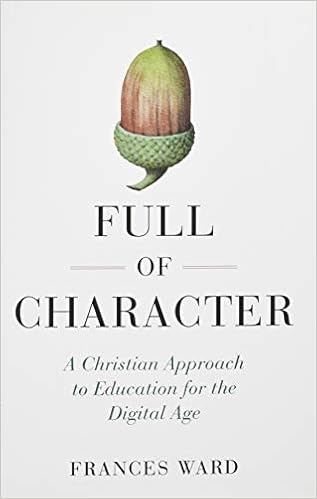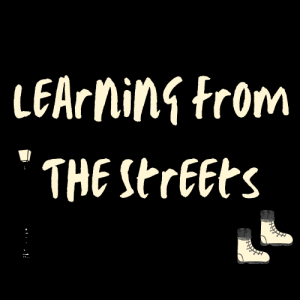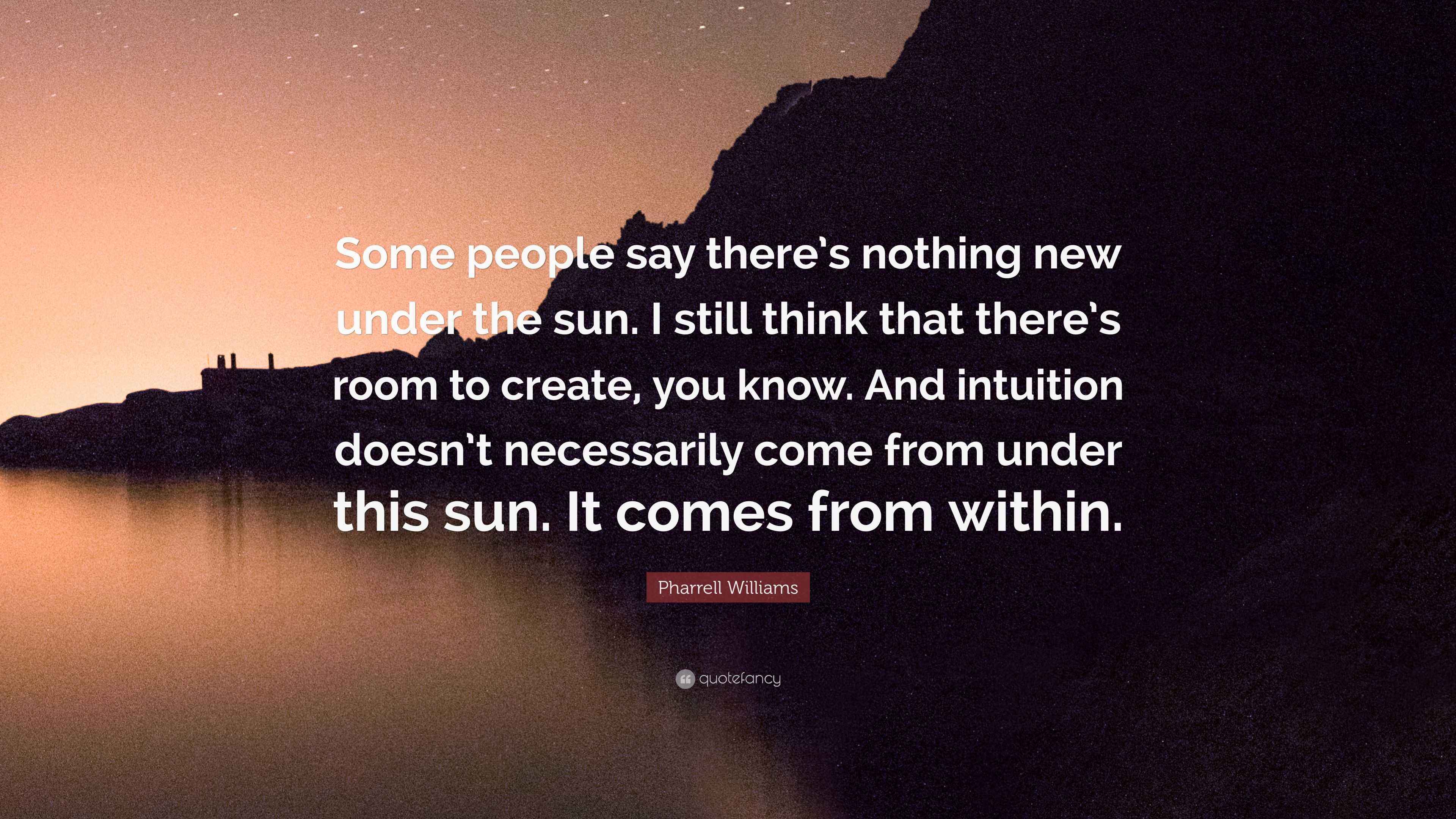
Full of Character (2019) – A review
Although there may not be a rush to get book reviews out into the public space, this book is still only just released and is 2019, writing this review has felt as though it has been on my ‘to do’ list for over 4 months. I read it when i was relaxing and basking in the sun in Tunisia, in June, and so, was fairly chilled and relaxed in reading it, indeed, my copy now has a few suncream finger prints in it, and has been well travelled. My other perspectives that i come to this book are as a parent of an 18 and 16 year old, who have experiences both Scottish and English Education systems, as a youth and community worker for 15 years and more recently as a worker for the Durham Diocese and involved in supporting a poverty proofing schools programme.
Opening the book itself, doing so, on day 2 of the holiday (it wasnt first book on the list), the contents page that includes sections on Thankfulness, Character education, Playfulness, Fruitfulness, and Hopefulness, I am immediately intrigued as to the angle that this book is about to take, given a wade into thinking about what seems Christian Virtues and how they might relate to Education, it brings to mind Danny Brierleys attempt to join up Youth and community work Values with Christian practices in 2003 (Joined up, Su Press, 2003) So, given the breadth of the topics this book is about to cover, I am intrigued.
Following this. I would consider the strengths of this book to be, that it does make a useful, practical attempt at times to appeal that the christian values is extols are regarded higher in the process of education in the UK. My only misgiving with the list of 12 things that have been chosen in the 13 chapters (chapter 7 is a focus on the digital age, half way through) – there is an element that all of the 12 feel a little individualist, and about a persons individual process through life, so, whilst references like Community are featured within a few chapters, this seems lacking (especially as the whole platform of the discussion within is a community of people), as do aspects of the Christian story, including Justice, Peace, and Story itself. This aside, and Ward does say that the book could be easily extended to include others.
What Ward does do successfully, is provide an accessible, easy to read (it is easy to read) text that gives insight into the 12 aspects that she has selected. Setting the context is done through a look as the cultural situation pretty much defined by the political news, so Trump and Brexit effectively, the digital revolution, and a number of films that the characters in the book have recently watched. Again, its all a matter of perspective, but there is a sense that the overarching media is the dominant lens of culture in this book. We hear little of local contexts of towns, cities, volunteering, the positive news that is easily not taken into consideration. This does mean that there is a sense that the book is rebalancing, or articulating an alternative to fear, a fear which has been said to dominate from the news, and the view of culture which is stated. It is the same in regard to the section on the digital age, it was as if only the negatives were realised. If only one of them had read Bex Lewis book Raising children in a digital age – instead of worrying about AI…the rest of the chapter may have been different…
Frances Ward then describes that Human Flourishing is at the core of the book. This is undoubtedly welcome, it has felt like Human Flourishing has been an ongoing topic to define, for well, the dawn of time.. but its is often proclaimed as a great unifier within youth and community work across the sacred/secular mythical divide (cf Smith, Stanton, Wylie et al, 2015), and theologically this is suggested by Vanhoozer as one key aspects of the entire Christian drama (Vanhoozer, 2005, p15) ‘Following the christian way promotes human flourishing (shalom) and leads to the summum bonum, life, eternal and abundant’ – The question I continue to have, and the book doesn’t address is how much of this is an individual venture or a community one. For, whilst Ward critiques Rousseau, proponents of critical and community education have been ignored within the development of these ideas. (Giroux, Freire to name two) and yet they also propose community and human flourishing through education.
It feels like I am already criticising, and these are the aspects of the book that I appreciated the most. There are other nuggets within this book that are useful. A chapter on self forgetfulness in an age of ego proclamation – is pertinent – and i wonder how this might lead to a broader self awareness of persons in education, the systems and structures – and how a school might self forget being competitive? not laying all the responsibility with the individual child. There are others.
However. Though it was an easy read, it is accessible. I struggled to like it. The problem for me is that, whilst it is easy to read, whilst it is accessible, and whilst a number of philosophies, theories, ideas and concepts are brought to the attention of the reader in a relatively simple way. The wider premise of the book was far too irritating. And i’m not sure why, overall it was needed.
The premise of Character Education is set at a New Years eve party, a party in which 6 ‘characters’ – apologies if they are real people – gather having had a year of watching movies, the news, and being super amazing people – though none with any children, except Maddy (who had just put Emily to bed). The premise for this book is their hopes and fears and the conversation that ensued (over ‘sweet potato and bean chilli and sticky toffee pears’, p12). Much of the book is framed as if its a conversation, activities and insight that each of these 6 people have brought to it. For me it irritated.
Craig and Maddy are very much in favour of free education and Maddy went to see the headteacher who ‘looked harassed’ (the thought that her conversation was about to be noted down and written about didn’t cross Maddys self awareness, and the headteacher was tired of avocado eating middle class parents helping her with educational discourse and having to regail the latest from the national headteachers conference and Ofsted- just so Maddy could add her post university insight on character education – page 80-81)
On other occasions, Craig would go to onto google and look up a theme, Maddy would research an idea, hear a lecture (p143), then they would get excited about what they found out, and be unable to have a lovely conversation about it, because the other ‘was engrossed with Emily, planting seedlings’ (p204) . Maybe its me, but this dinner party seemed to go on all year, and the book feels like an out-working of 6 peoples privileged to access meetings, research and have the time to do this. Call me an inverted snob, but poverty doesn’t seem to feature in their lives, they don’t have to go to the public library, and none of their friends loses their job, or needs a food bank handout. Whilst they have hopes and fears, they have considerable agency. And a privilege they seem blind to. I cant imagine a group of people in areas of the north east, south wales or (pick an appropriate town) acting in this kind of way. They don’t spend a lot of time in the queue at Asda or volunteering – other places to learn.
I’m left with the thought that the characters in the book Character Education are the main parts of it that let it down. They just appear to be floating on air and have all the time in the world to share and talk about these ideas, whilst also having perfect lives with time to do so, probably between dissecting an avocado. They couldn’t be more millenial or middle class sounding if they tried.
The problem… is that all this feels completely unnecessary, and for me, what Ward proposes has some merit, in terms of values, fruitfulness and human flourishing. The characters get in the way… and this context leaves me thinking that the Character education proposed might be more middle class and academic than it need be – merely because it is framed by these 6 people who go on a self learning adventure to benefit us all. Its like Eat Pray Love – but on education at times.
There are, within some fascinating insights into aspects such as resourcefulness (not that different from agency)
It is an ongoing seeking after wisdom (p137)
Resourcefulness is stronger than resilience, in enabling more creative engagement with what challenges people of all ages (p137) – though Ward steps short of challenging a resilience narrative (something youthworkers are keen to do) – there is merit here in suggesting an alternative. Other chapters on Truth, Fullness and flourishing combine the theological, with the sociological and psychological, and are, generally, accessible, useful, provoking and pertinent. Ward proposes thinkers from a wide range and not all academic. Its because of these good solid theoretical chapters where I wonder if the whole book could be written like this, and the platform of the 6 characters is an unnecessary distraction.
The most frustrating when we are indulged in hearing an entire lecture that Maddy once heard which forms the basis of the chapter on fullness and receive her insights of it. I just found the tone set by the 6 people irritating throughout, and clouded my view of what were some valid accessible concepts, and some theological thinking that would be useful in creating an education system that had at its heart, not fear, numbers and outcomes, but the kind of character, values and kingdom aspiration that might be considered christian.
It was that i didn’t want to offend Craig, Maddy, Sam, Natalie, Benji and Dan, that i struggled to write this review. Its probably 18 month since their new years party, and so they can probably take the criticism now…
This book is written for parents, according to Ward. I think the problem with this, is that a countless number of parents do not have the capacity to read something like this, with 3 children, trying to work, getting dress up ready for world book day, exam stress and merely survival on the next food bank handout to consider a future of education shown to us through the lens of toffee apple eating Craig and Maddy. As a parent reading this, and having had two children now complete education (at least to 16) i would know than in my deepest desires i might have wanted an education that could look something like what is described. The reality is that academies, the extensive data collecting through multiple series of exams in 4 years, and limitations of choice, mean that reality is so far from this ideal. Yet, as i have reflected before, i might have thought that some of these ideals were possible in my own education 30 or more years ago, when at least an individual child was the focus, not school competition and organisational survival, schools run as businesses.
Back to the book, if you can cope with these 6 people, and want an accessible book that looks at aspects of a christian education that has values and principles at its heart, then this will be a good starting point for that conversation. There is enough in here for that to begin.
References,
Vanhoozer, The Drama of Doctrine, 2005
Freire, P, Horton – We make the Road by walking, 1990
Giroux H – On critical Pedagogy, 2012
Smith, Stanton, Wylie, et al – Youthwork and faith Debates, delights & Dilemnas 2015
Brierely – Joined up, SU. 2003
You can buy a copy of Frances Ward’s ‘Full of Character here: https://www.amazon.co.uk/Full-Character-Christian-Approach-Education/dp/1785923390/ref=sr_1_1?keywords=frances+ward&qid=1571393767&sr=8-1 (other book sellers are available)














